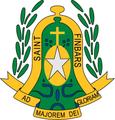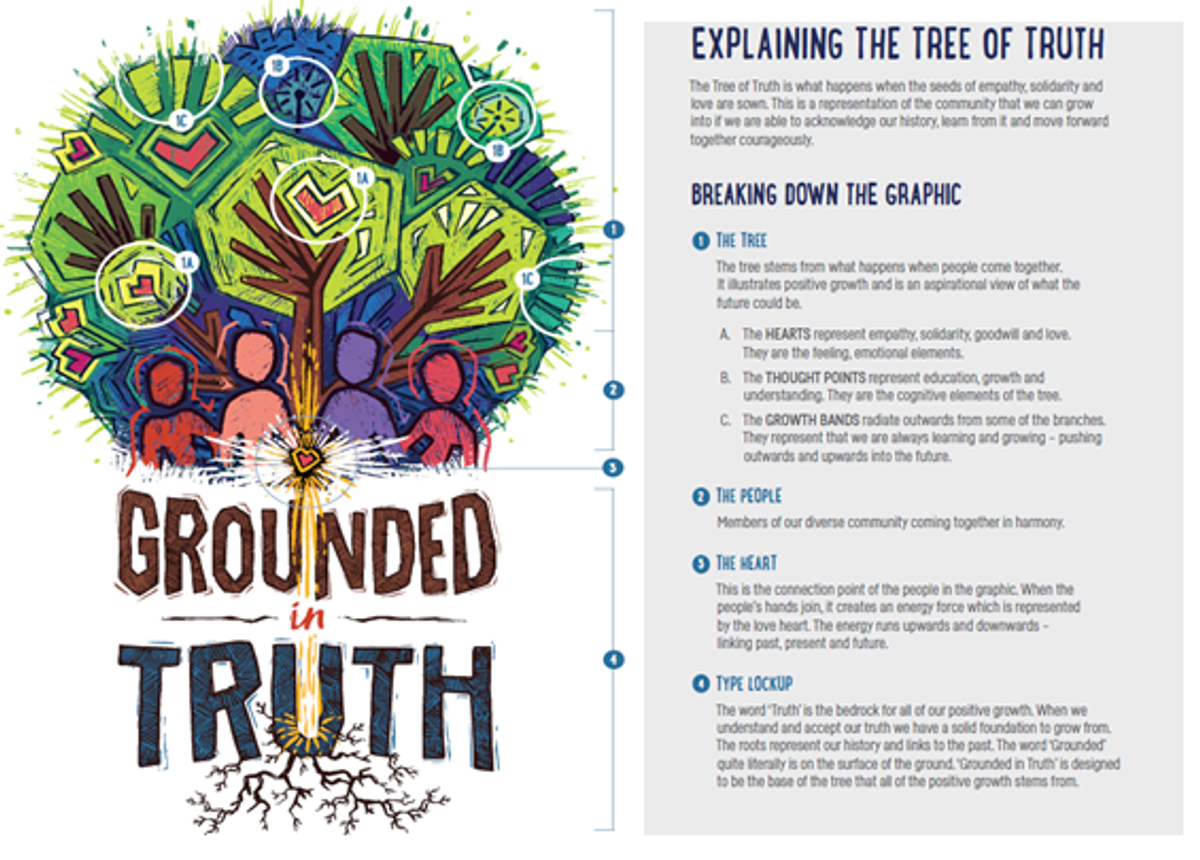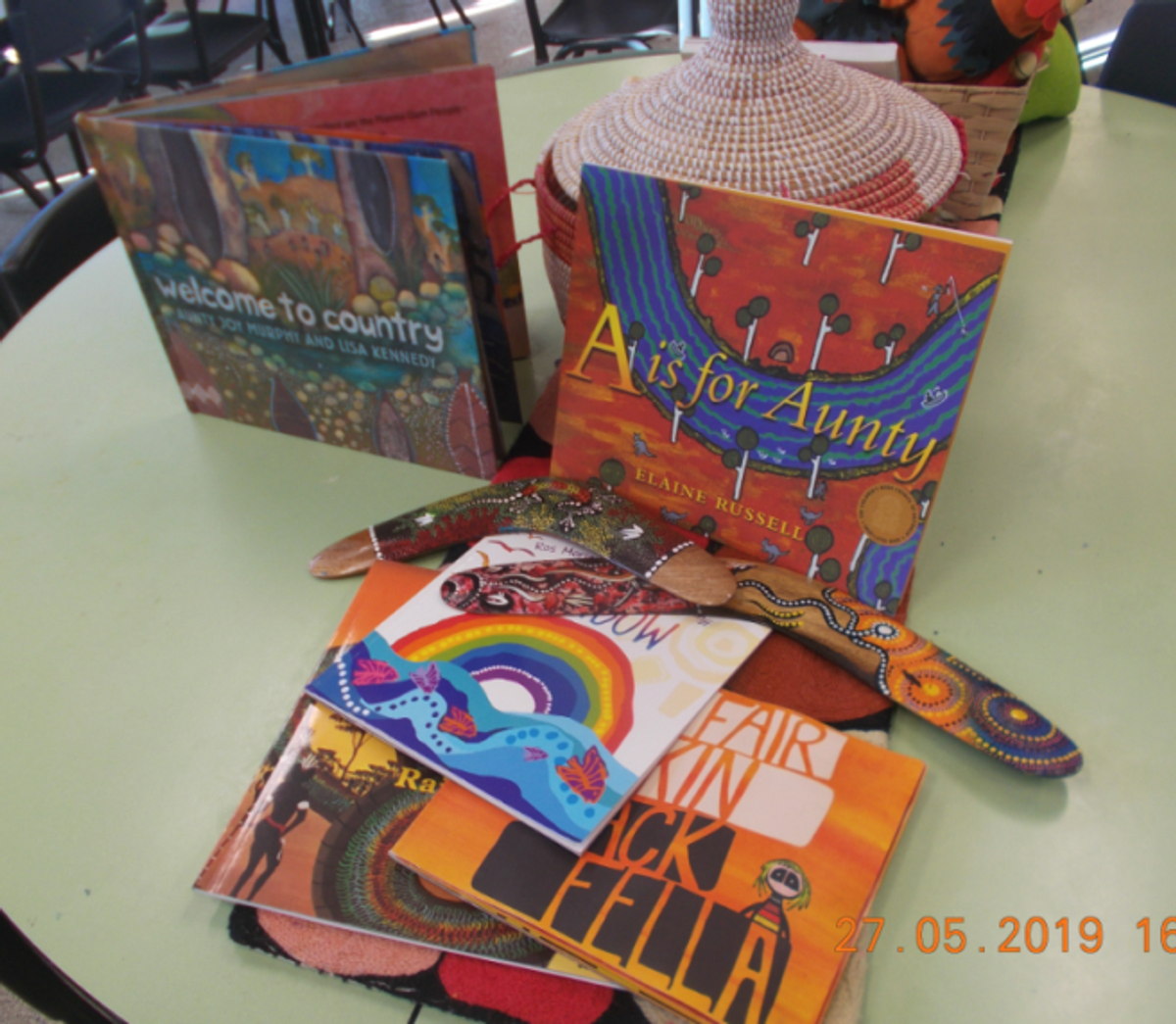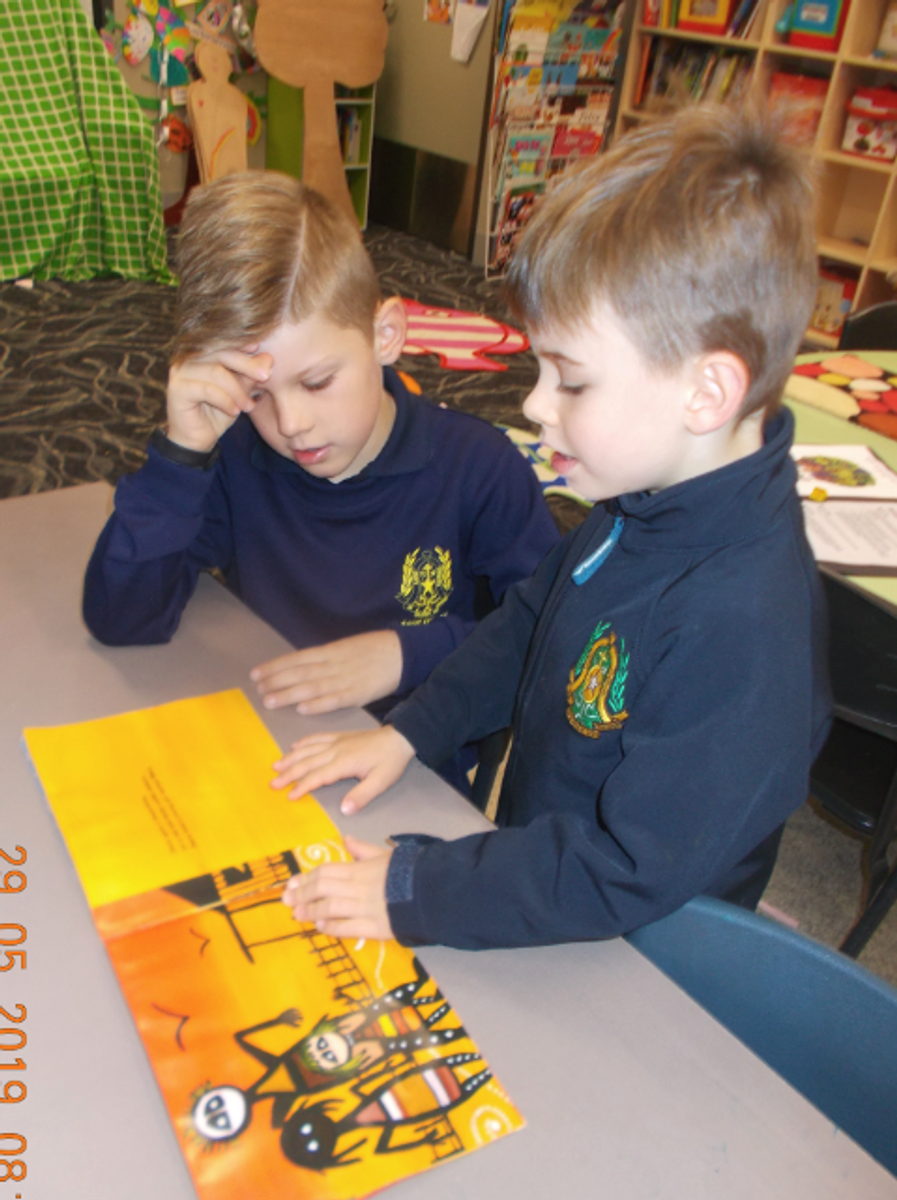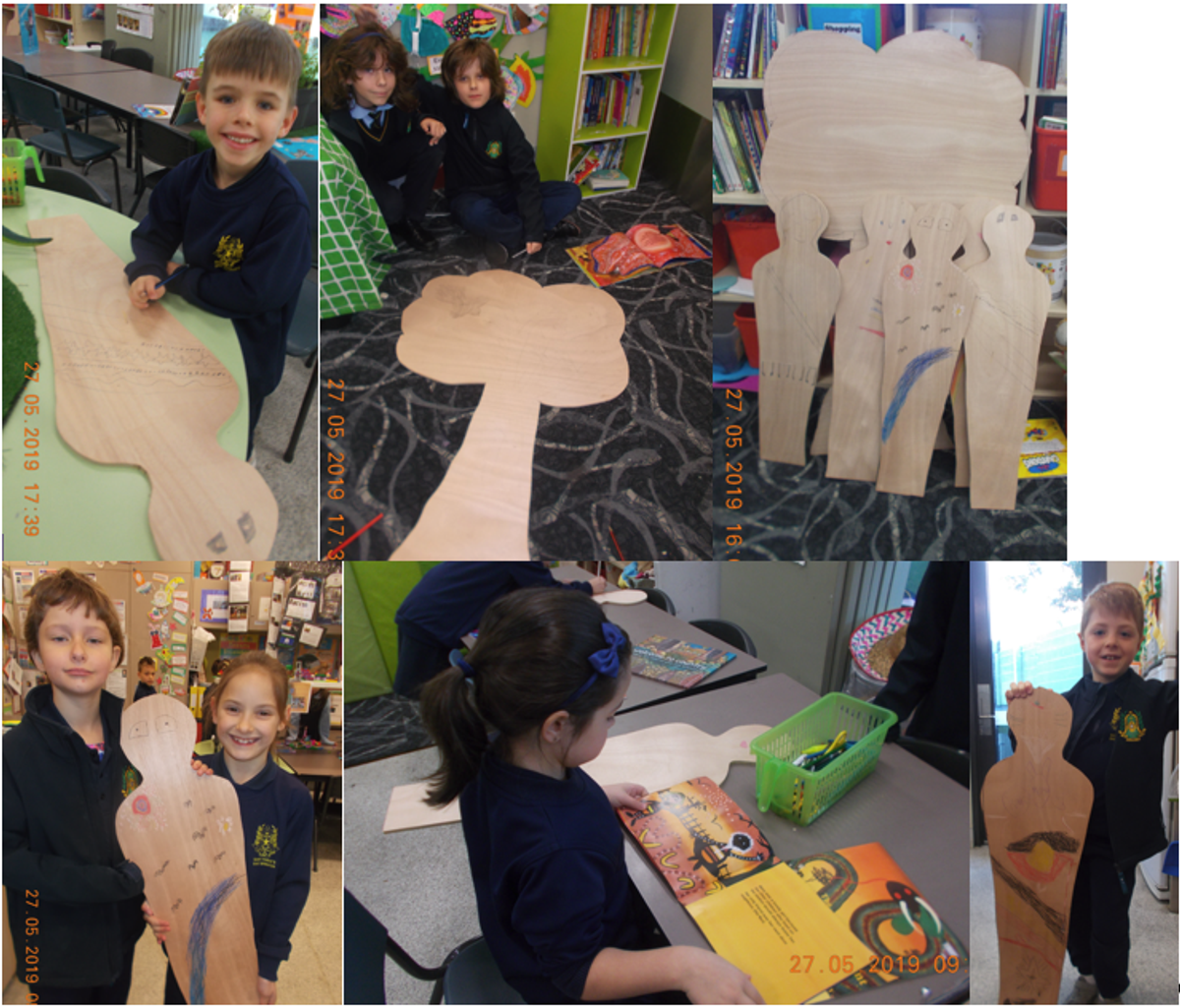Outside School Hours Care

Bookings Information
Casual Bookings/Cancellations/Adjustments please call 9592 0994 directly. Email: melissa.asmar1@gmail.com
EMAIL NOT TO BE USED TO CHANGE DAILY ATTENDANCES
EMAIL TO BE USED for changing permanent bookings, making advanced bookings/cancellations (ie holiday program, school closure days), account queries, addressing special needs, incidents that need clarification, and the like. Emails are not checked prior to a session as administrative duties are addressed off site and away from the service as our priority lies with the active supervision of children, their development and wellbeing.
Having said all of the above, if children ever find themselves confused, not knowing where they're supposed to be, please have a "back up plan" by stating they can always go to after care and together we can resolve their situation. This is an important aspect of children’s “belonging, being and becoming” which involves them learning independence, coping skills and OSHC Educators available to children for support and to provide a secure base for children as needed. (NQS 5 Circle of security)
National Reconciliation Week 2019
This year's theme, Grounded in Truth: Walk Together with Courage, reminds us that at the heart of reconciliation is the relationship between the broader Australian community and Aboriginal and Torres Strait Islander peoples. To foster positive race relations, our relationship must be grounded in a foundation of truth.
We will proudly display and reproduce the “tree of truth poster “to stimulate reflective questions and conversation starters. The tree of truth is what happens when the seeds of empathy, solidarity and love are sown: this is a representation of the reconciled community that all Australians can grow into, if we’re able to be honestly and holistically acknowledge our shared history learn from it and move forward together courageously.
Indigenous perspective-everyday
It is still a popular belief that Aboriginal culture should only be acknowledged and celebrated on particular calendar events and not included in the everyday curriculum. The OSHC service highlights the importance of including Aboriginal perspectives into services programs and why it needs to be done EVERY DAY!
We intentionally provide children with multiple examples of experiences;
First Nation Flags, resources, books and activities remain as a constant in the play environment that promotes our ever evolving Indigenous learning.
Yarning circles are often used for discussions at the beginning of a session and/or mediation during behaviour management.
Art projects- Distinct Techniques used in art and bark paintings can be traced back to Indigenous dreaming stories.
Music both from traditional and modern indigenous artists are played for appreciation and during musical games.
Children's Engagement with the RAP
The Reconciliation Action Plan (RAP) program provides a framework for organisations to support the national reconciliation movement.
Given that reconciliation is a collective, collaborative journey, it is important to foster opportunities for all children to be engaged with the planning and implementation of reconciliation initiatives. The following collaborative art projects will provide for children’s engagement and reflective activities; Educators will use these opportunities to intentionally open discussions that will drive reconciliation.
- Reproduce the Tree of Truth-Life size; illustrates the positive growth and is an aspirational view of the future.
- “A shrine” will be made to commemorate the Aboriginal communities who were killed when settlement began: A memorial consisting of silhouettes of people, decorated with natural materials, colours of the indigenous flags and distinct patternisations will used to pay respects to the all the first nations men, women and children who lost their lives.
Children’s learning outcomes:
- Children are aware of the OSHC service’s commitment to reconciliation.
- Children reflect on what Narragunnawali— ‘alive,’ ‘wellbeing,’ ‘coming together’ and ‘peace’—means to them in the context of reconciliation.
- Children think about how they can contribute to the development of stronger respect, relationships and opportunities in the classroom, around the school and with their community.
